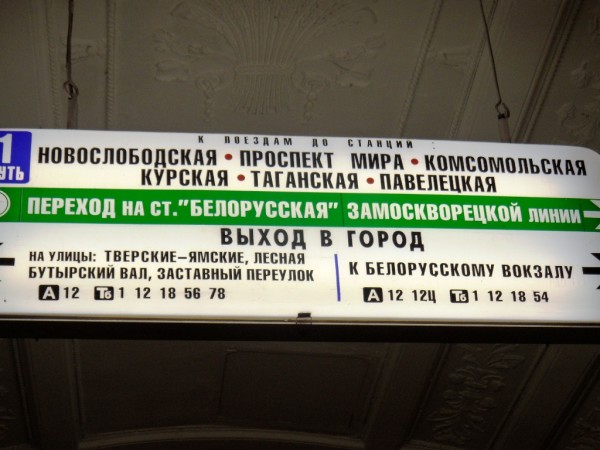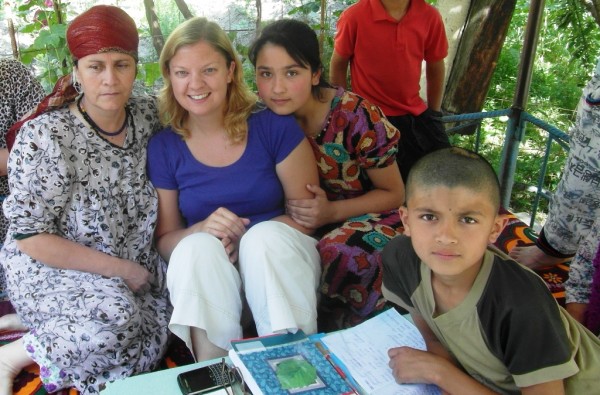
I started off slowly, shyly uttering just a few words at a time. I was unsure of my pronunciation and lacked confidence that I remembered the right word or the right case or tense. My attempts at speaking Russian in those first couple months of my travels through the former Soviet Union were often met with disdain or annoyance, with one young man in Moscow admonishing me to “speak English, I don’t understand you.”
I took classes four hours a day for two weeks while I was in St. Petersburg, refreshing my memory of the alphabet and basic grammar and then introducing me to vocabulary and cases that I was sure I never learned in my three years of college Russian. But it wasn’t until I left the relative comfort of St. Petersburg and Moscow and headed east to Siberia that I really felt like I had to speak Russian on a regular basis. Upon arriving in Vladivostok, I quickly moved from starting every conversation with “do you speak English?” to just assuming they didn’t and doing my best to communicate in Russian.
Oddly enough, it was a night out in Girona, Spain a year later that made me realize how far I’d come in speaking Russian. Lost and slightly tipsy with my friend Katie, trying to find our hotel around 3 a.m., we encountered a couple to ask for directions. It turned out they were Russian and rather than try to muddle through in English, a language that was their second language, I quickly switched to Russian. By that point, it felt easy and natural for me.
Looking back on my travels through the former Soviet Union, the best thing I ever did was learn to speak Russian.

Learning the language meant I could get around with ease.
Being able to read Cyrillic meant I could read street signs and subway station signs. I could easily determine where an exit was versus a transfer corridor in the subway. I could tell the difference between a clothing store, a shoe repair shop and a travel agency. I could buy bus and train tickets with ease and I could read a menu and know what I was ordering. I could ask for – and understand – directions when needed.
Learning the language meant I could stand up for myself.
Being able to speak and understand Russian meant I could negotiate taxi prices and protest when I felt like I was getting ripped off. I could scold the women who kept pushing me back in line as I tried to cross the border from Tajikistan to Uzbekistan. I could tell the Georgian taxi driver who picked up me and two Turkish men at the Turkey-Georgia border that one of the men was trying to rip me off, so the driver could look out for me. And when the hotel in Dushanbe lost my hotel reservation, I was able to complain and persist until they finally found a room for me.

Learning the language meant I could connect with the locals.
Speaking Russian meant I could converse with the friendly teacher who shared a compartment with me on the train from Vladivostok to Ulan Ude – even as we often needed my dictionary to completely understand each other. I was able to chat with the guy who gave me a ride back to Irkutsk at the start of a snowstorm, hearing about his family who had lived in Irkutsk for generations and telling him about Chicago. I had the pleasure of speaking with an elderly mountain man in Tajikistan about his thoughts on President Obama and the politics of Afghanistan and why he thinks it’s important for Tajik children to learn English. I was able to serve as an interpreter between the French tourists I met in Kyrgyzstan and a friendly group of evangelicals who invited us to picnic with them in the mountains outside of Karakol.

Learning the language made teaching English easier.
While many teaching programs claim that you don’t need to know the local language in order to teach, the program through which I volunteered in Tajikistan required knowledge of Russian, Tajik or Farsi. And honestly, I can’t imagine how difficult my teaching experience would have been had I not known Russian. Being able to speak Russian made it so much easier to communicate with my students, who ranged in age from 10 to 36. If they were confused about the meaning of something, I could give them the translation in Russian. If I needed to give them instructions about an activity we were doing, I could explain in Russian. They were absolute beginners, not even knowing the English alphabet, so the idea of trying to explain anything in English just wasn’t possible. And when lessons were over for the day, I could sit around and chat with them in Russian, mixing in English words that they were learning.

Learning the language gave me confidence.
Above all, knowing how to speak Russian gave me an incredible boost of confidence as I traveled through the former Soviet Union solo. The longer I traveled, the more I spoke Russian on a regular basis and the more my confidence grew. As nervous as I got about obtaining visas or crossing borders, I was never really concerned about my ability to communicate. I was confident I could handle just about any situation that came my way.
The value of learning the language was greater than I ever could have imagined.
